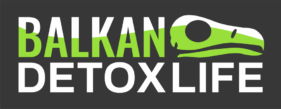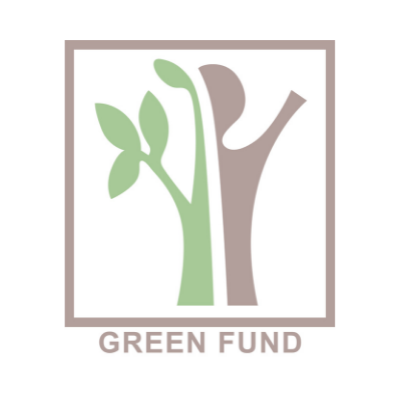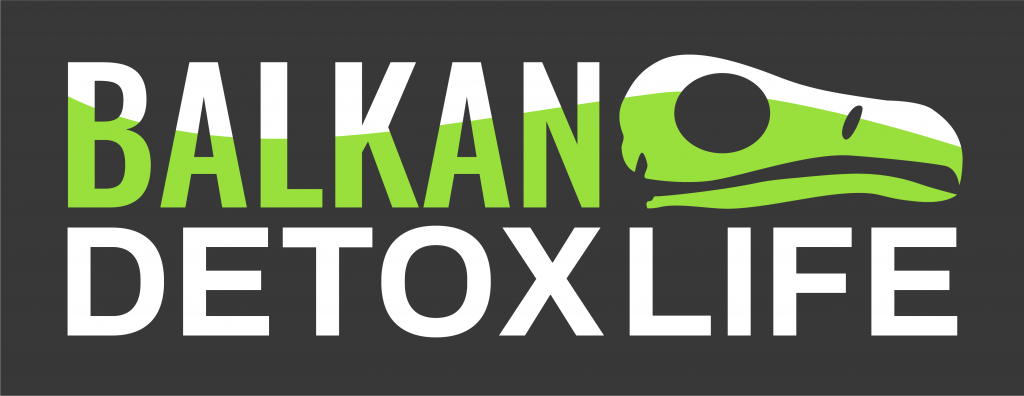Mortality Database
Recording and reporting wildlife poisoning incidents across seven Balkan countries
The use of a wildlife mortality database to record illegal wildlife poisoning incidents across the Balkans can provide a more precise overview of the problem, enabling the BalkanDetox LIFE project team and other key stakeholders combating wildlife poisoning to implement more accurate anti-poisoning actions to tackle this severe threat.
Importance of comprehending wildlife poisoning mortality
Recording wildlife poisoning mortality across the Balkans
As part of “The Return of the Neophron” LIFE project (LIFE10 NAT/BG/000152), the Greek partner, Hellenic Ornithological Society/BirdLife Greece (HOS), developed the National Anti-poison Database in Greece in 2014. Subsequently, in early 2020, as part of the “Egyptian Vulture New” LIFE project (LIFE16 NAT/BG/000874), the Database expanded to include records from Albania, the Republic of North Macedonia and Bulgaria. This Database has been made public via an online map (the Balkan Wildlife Poison Map) depicting all the poisoning incidents recorded in the database. An online form is also available on the same site for people to send in any information they may have of wildlife poisoning incidents in their area. Within the BalkanDetox LIFE project, this Database will expand – and with it, so will the online map- to include the remaining project countries, Bosnia and Herzegovina, Croatia, and Serbia. Each partner will be responsible for inputting and updating reports with their respective country’s reported incidents. Hopefully, the Database in combination with the online map will provide a clear picture of the extent and impact of wildlife poisoning in the Balkan region.
















